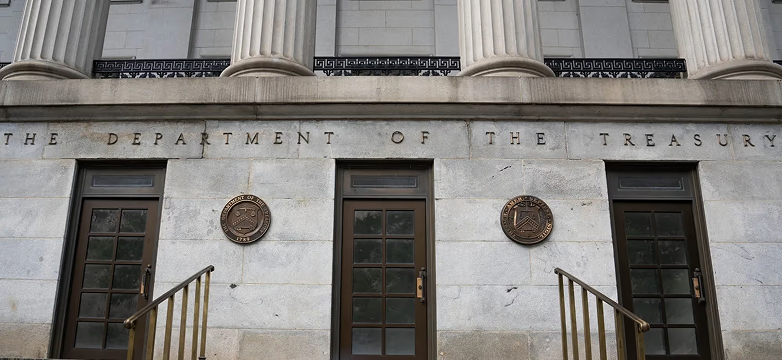IRS draft guidance on section 45X advanced manufacturing tax credits

On December 14, the IRS published draft guidance for companies seeking to claim tax credits under the new Section 45X advanced manufacturing production tax credit. The guidance clarifies the definitions, credit values, and other applicable details for manufacturers of qualifying solar, wind, battery, and inverter equipment as well as manufacturers of 50 critical minerals. Comments are due on this guidance within 60 days (by February 13, 2024), and a public hearing is scheduled for February 22, 2024. The market had anticipated reasonably minor changes, but the guidance clarifies important details.
In 2022, Congress recognized the importance of the manufacturing industry to spearhead the transition to a low carbon economy by creating the 45X tax credit to support the domestic clean energy supply chain. Since then, industry observers estimate that the advanced manufacturing production tax credit (45X) has contributed to at least $80 billion in investments supporting domestic manufacturing, according to a recent analysis by Goldman Sachs. An analysis by Canary Media in September shows that ten states have seen at least a billion dollars in new investment. In Georgia alone, clean energy manufacturing investment exceeded $18 billion in the last year.
The new 45X draft guidance provides confidence to the industry seeking to make new investments in clean energy manufacturing and critical mineral production. At a high level, the guidance takes a largely technology-agnostic approach to certain definitions of eligible equipment (as much as practicable). For instance, the proposed definition of a “module with no battery cells” includes other forms of energy storage technology, such as “flow batteries and thermal batteries” to claim the 45X tax credit. The inclusion of such categories was unknown prior to this guidance.
The guidance also clarifies certain questions which are likely to enhance the workability of 45X. The Solar Energy Industries Association noted this morning that their members sought clarification that companies who contract with a qualifying manufacturer may claim the 45X tax credits (instead of the manufacturer). The IRS upheld that companies using contracted manufacturers may claim the 45X credit.
The IRS proposes to draw a firm boundary regarding whether the costs associated with the purchase of certain inputs can be considered a cost for the purpose of calculating a tax credit. In the case of electrode active materials and certain critical minerals, IRS proposes that the “costs related to the extraction or acquisition of raw materials would not be taken into account as production costs.” The agency clarifies that it seeks to “appropriately provide a credit for the costs associated with production activities that add value,” but that “merely purchasing raw materials may enable a taxpayer to produce an electrode active material but it is not by itself an activity that adds value.”
Advanced manufacturing tax credits are valuable and often popular credits for tax credit buyers, and the draft guidance should support market confidence. Get in touch with us today to learn more about how we work with clean energy manufacturers to help them get the best value for their tax credits.
Download the ultimate guide to advanced manufacturing tax credits
Leveraging insights from Crux’s authoritative dataset on the transferability market, plus data from Clean Investment Monitor, the Department of Energy, and more, this e-book outlines everything manufacturers and buyers need to know about 45X PTCs.
Additional insights & news

March 27, 2025
Crux’s data suggests that transferable tax credit buyers who transact earlier in the year can take advantage of wider tax credit credit availability as well as more potential for pricing discounts.
Read More.jpg)
March 13, 2025
Transferability has created new and more accessible ways for more developers and manufacturers to monetize tax credits. With the emergence of transferability and the growth of this liquid and transparent transferable tax credit market, new financing structures have emerged.
Read More
March 7, 2025
As tax credit buyers begin to plan their 2025 strategies, one question keeps coming up: how will policy changes affect the transferable tax credit market? Brandon Hill, tax principal and leader of CLA’s Energy Tax Services, joined Crux to discuss how CLA is advising tax credit buyers in 2025.
Read More



































































